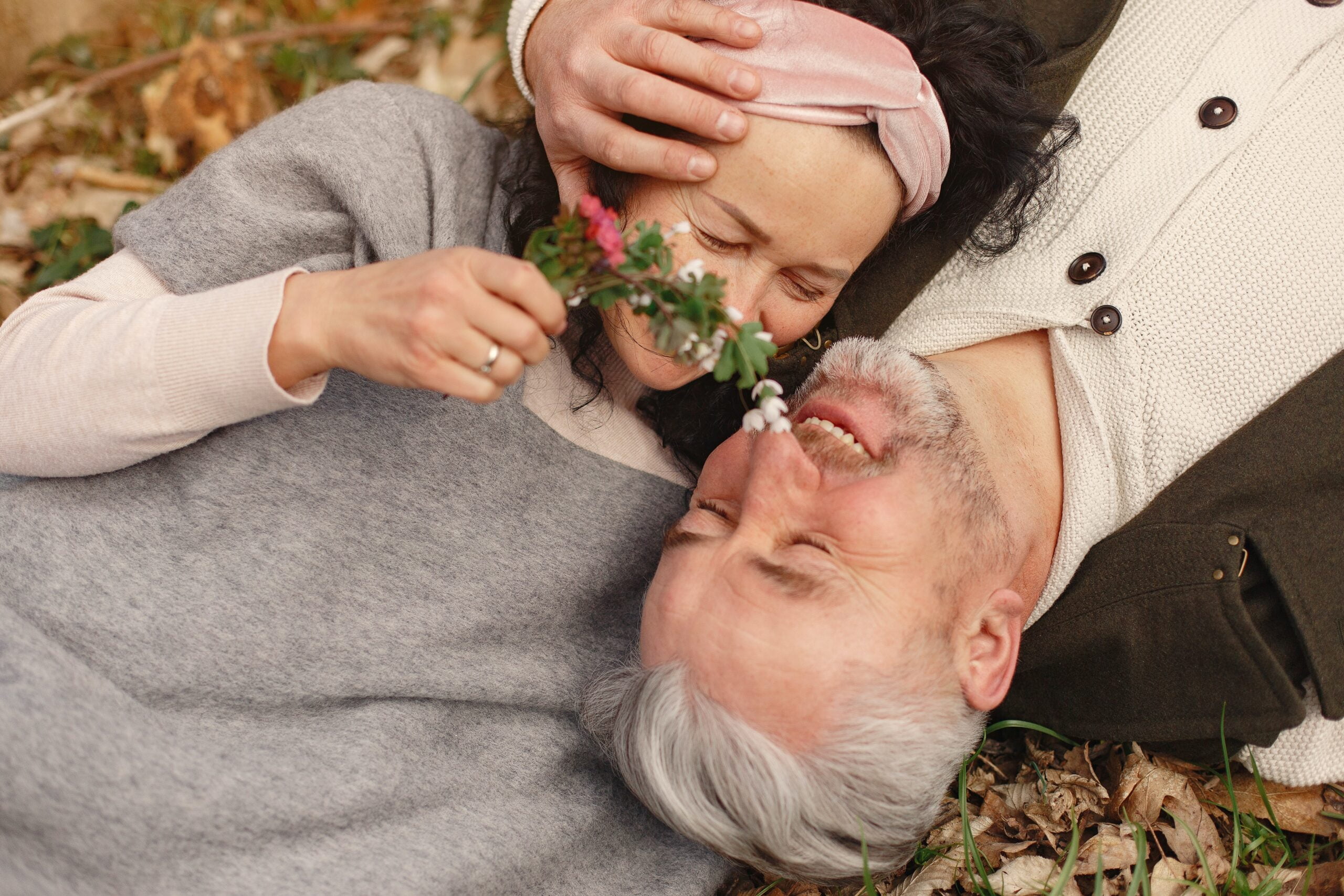

In recent times, alternative medicine, also called complementary or integrative medicine, has become increasingly popular as people seek holistic healthcare solutions. This article explores various non-conventional modalities like herbal remedies, mind-body therapies, and acupuncture, examining their role in promoting well-being. By delving into the science and integration of these practices with mainstream healthcare, we aim to illuminate the potential advantages and challenges in this rapidly growing field. Join us on a journey to uncover the power of alternative medicine in nurturing a healthier and balanced lifestyle.
The Rise of Alternative Medicine
In today’s fast-paced world, traditional medicine alone may not always address the complex needs of patients. As a result, alternative medicine has gained traction, offering diverse approaches to healing. Herbal medicine, for example, relies on plant-based remedies to treat various ailments. Mind-body therapies like meditation and yoga have become vital tools in managing stress and improving mental well-being. Acupuncture, an ancient Chinese practice, has also garnered interest for its potential pain-relieving effects. With growing enthusiasm for alternative treatments, the medical community is exploring ways to combine these modalities with conventional medicine for comprehensive care.
The Science Behind Herbal Medicine

Herbal medicine, a cornerstone of alternative medicine, draws on the healing properties of plants to treat illnesses. Scientific research has begun to validate the efficacy of various herbs, unveiling their chemical compounds and biological actions. For instance, the active components of certain herbs exhibit anti-inflammatory, antioxidant, and antimicrobial properties. St. John’s Wort, an herb used to alleviate depression symptoms, is thought to increase serotonin levels in the brain. As studies progress, a better understanding of herbal medicine’s mechanisms and potential interactions with conventional medications emerges, making it a valuable addition to modern healthcare practices.
The Power of Mind-Body Medicine

The mind-body connection lies at the heart of alternative medicine’s effectiveness. Practices like meditation, yoga, and mindfulness encourage individuals to achieve mental and emotional balance, leading to improved overall health. Meditation, for instance, has been linked to reduced stress, anxiety, and even blood pressure. Yoga combines physical postures, breathwork, and meditation to enhance flexibility, strength, and emotional resilience. By integrating these mind-body therapies into mainstream healthcare, medical professionals can provide patients with comprehensive treatment options. Moreover, research into the neurobiological effects of these practices strengthens the evidence for their role in promoting mental and physical well-being.
The Science Behind Acupuncture

Acupuncture, a traditional Chinese practice dating back thousands of years, involves inserting thin needles into specific points on the body to alleviate pain and promote healing. While its mechanism was once regarded as mysterious, scientific research now provides insights into how acupuncture works. Stimulating these acupuncture points triggers the release of endorphins and neurotransmitters, promoting pain relief and relaxation. Moreover, acupuncture’s impact on the central nervous system has been demonstrated through functional MRI studies. As acupuncture gains recognition in mainstream medicine, it presents itself as a valuable option for those seeking alternative pain management methods.
Integrating Alternative Medicine with Conventional Care

One of the significant challenges in alternative medicine lies in its integration with conventional care. The medical community faces the task of bridging the gap between evidence-based practices and traditional wisdom. Developing standardized protocols for herbal medicine, mind-body therapies, and acupuncture requires rigorous research and collaboration between practitioners. Additionally, potential herb-drug interactions need to be thoroughly understood to ensure patient safety. However, various healthcare institutions have already initiated integrative medicine programs, providing patients with comprehensive treatment plans that combine conventional and alternative modalities. As the evidence base expands and healthcare professionals embrace the benefits of holistic approaches, the future of alternative medicine appears promising in delivering patient-centered care.
Nutraceuticals and Functional Foods

In the realm of alternative medicine, nutraceuticals and functional foods play a vital role. These are substances derived from natural sources, such as fruits, vegetables, and herbs, that are believed to have health benefits beyond basic nutrition. From antioxidant-rich superfoods to probiotics promoting gut health, the popularity of these natural supplements is soaring. Research continues to investigate their potential in preventing and managing various health conditions. As consumers seek safer and more natural alternatives to pharmaceuticals, the nutraceutical and functional food market continues to expand, presenting new opportunities for the integration of these products into mainstream healthcare.
Conclusion
As interest in alternative medicine grows, the healthcare landscape is witnessing a transformation. Herbal medicine, mind-body therapies, acupuncture, and nutraceuticals are paving the way for holistic approaches to well-being. With scientific research shedding light on the mechanisms and benefits of these practices, they are gaining credibility in mainstream medicine. Integrating alternative medicine with conventional care remains a challenge, but progress is being made as healthcare professionals recognize the importance of comprehensive patient-centered treatment. By embracing the potential of alternative medicine, we can foster a healthcare system that values both evidence-based practices and the wisdom of traditional healing methods.
FAQs
Complementary or alternative medicine can be classified into five major categories of practice. Firstly, there are holistic approaches that consider the whole person’s well-being. Additionally, there are therapies that focus on natural remedies. Contrarily, some practices align with traditional methods. Furthermore, certain modalities emphasize mind-body connections. Lastly, practices that integrate various approaches offer comprehensive healing options. Top 5 are Whole medical systems, Mind-body techniques, Biologically based practices, Manipulative and body-based therapies, finally Energy therapies.
Complementary and alternative medicine (CAM), encompassing practices such as massage and acupuncture, offers diverse health approaches. Moreover, tai chi and consuming green tea are notable components. Integrative medicine, on the other hand, integrates conventional medical practices with proven safe and effective CAM methods. This approach harmoniously combines scientific findings with holistic healing methods.
A study conducted by the Federation of Holistic Therapists (FHT) last year found that moreover, the most popular holistic therapy is reflexology. Additionally, body massage secured the 2nd place, and furthermore, aromatherapy ranked third.
Exploring various types of alternative therapies can be insightful. For instance, acupuncture offers unique benefits. Additionally, aromatherapy utilizes scents for relaxation. Herbal medicine is also gaining popularity. Contrarily, some may question the efficacy of homeopathy. Meanwhile, hypnotherapy focuses on the subconscious mind. Moreover, light therapy addresses seasonal affective disorder. Massage promotes relaxation and healing, too. On the other hand, meditation emphasizes mindfulness and inner peace. In summary, these diverse therapies offer a holistic approach to well-being.
Originating in India more than 3,000 years ago, Ayurveda is one of the world’s oldest medical systems. Many practices predate written records and were handed down by word of mouth. Moreover, Ayurveda has three broad types of treatment: elimination therapies, pacification therapies, and nourishing therapies. These therapies, although ancient, remain relevant in modern healthcare.







